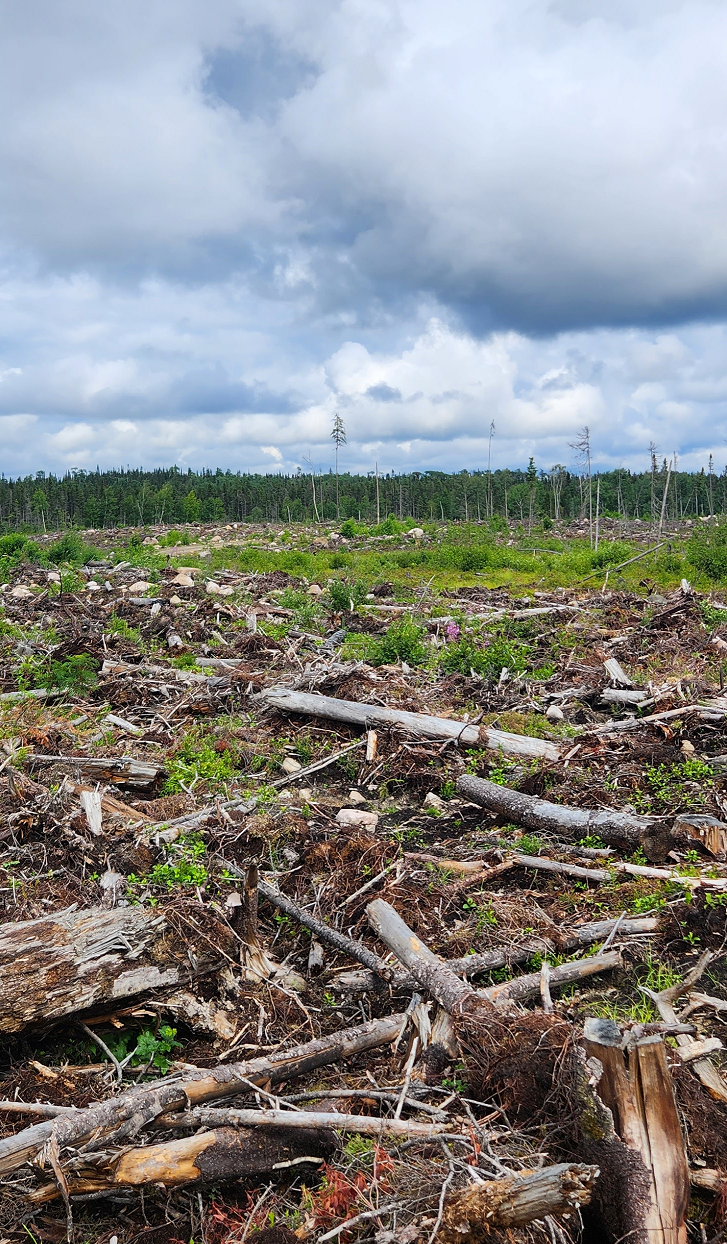When we scrutinize economic growth primarily through the lens of tangible measures (such as metric tons of natural resources, greenhouse gases, hectares of land, etc.) rather than its monetary value (GDP), its true nature emerges as a zero-sum, if not a negative-sum game. Where there is economic growth in one place, there is typically loss and devastation elsewhere. This "elsewhere" encompasses distant human societies, ecosystems, non-human life forms, and more. For example, the projected surge in electric vehicle adoption, predominantly in the Global North, translates into diminished mineral resources for future generations, the systematic dispossession of communities where extraction and waste disposal take place, and the widespread destruction of habitats crucial for all life on Earth.
The dominance and hegemony of GDP as the financial yardstick for growth conveniently obscures these externalities, which negate its alleged benefits and predominantly benefit a privileged minority. A comprehensive grasp of economic growth must shed light on its material reality, the accompanying ideological narrative, and the oppressive social dynamics it inherently entails.

Growth as materiality
In 2019, nearly 100 billion tons of natural resources were extracted, which is twice the established sustainability threshold. Economic growth demands an expansion of extractivism and imperialism, which are the very foundations that make it feasible.
Growth as ideology
It is unsurprising that economic growth is the political horizon of the ruling class. This growth primarily benefits the ruling class, which is why it becomes their primary objective. Subsequently, it is promoted as desirable for the public interest. This ideology gives rise to a specific lexicon: under this narrative, capitalists are hailed as job creators (despite the obvious role of workers in creating products and services), ecosystems are reduced to mere natural resources, the economy is distilled into stock market indices, and exploited nations are portrayed as developing nations, and so on.
Growth as social relationships of domination
Every year, since the turn of the 1990s and the era of economic globalization (which translates to the global expansion of capitalism and the further entrenchment of colonialism), the Global North continues to import an equivalent labor force of approximately 200 million full-time workers from the Global South. A significant portion of the Global South's population is thus compelled to work for the benefit of the North. This so-called free trade is, in reality, a form of impoverishment perpetuated by militarized property relationships that safeguard the interests of large corporations. This dynamic also exists within countries of the Global North, and Indigenous peoples in so-called Canada and the Americas persistently resist it.
Making degrowth a positive-sum game
To emancipate ourselves from the clutches of growth, we must wage a multifaceted battle against its materiality, its ideology, and its social relationships. However, it's important to recognize that any society inherently involves a material aspect, a particular political ideology, and distinct social relationships. Therefore, the various political proposals currently under discussion (such as eco-socialism, communalism, democratic economic planning, eco-anarchism, and more) can also be examined through this threefold framework.
The materiality of a post-growth world: what social relationship with nature will predominate? What will be the material conditions of our societies?
The ideology of a post-growth world: what lexicon and narrative will represent the common good? What will be the production conditions of this narrative?
The social relationships of a post-growth world: how will the social distribution of tasks be organized? What forms will the deliberative and decisional institutions take?
The worsening of modern ecological crises renders the politico-economic status quo increasingly utopian/dystopian. The materiality, ideology, and social relationships of growth-based societies are not viable. However, the ruling class will attempt to perpetuate this system as long as possible, as their power relies on it. Meanwhile, greenhouse gases and the exponential destruction of ecosystems will continue to rise, parallel to a widespread sense of ecological rage.
Notes:
[1] WU Vienna & UN IRP Global Material Flows Database, online, https://www.materialflows.net/visualisation-centre/data-visualisations/?_inputs_&sidebar=%22bar_chart_1%22
[2] Jason Hickel, Christian Dorninger, Hanspeter Wieland, Intan Suwandi, 2022, ‘’Imperialist appropriation in the world economy: Drain from the global South through unequal exchange, 1990–2015’’, Global Environmental Change, Volume 73-102467.
